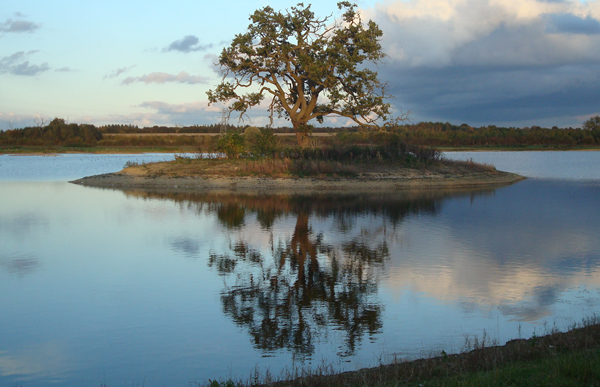Sustainability
Quarry Biodiversity
We are part of an industry that is, through its work, probably making a bigger contribution to the cause of biodiversity than any other. Given the nature of our operations, we have an opportunity to create new habitats ranging from woodland to grassland and wetland. We have won awards for the quality of our restoration to nature-based end-uses and are constantly helping to evolve new ideas and techniques.
Smiths are proud to be supporting the following nature/biodiversity organisations and projects:
Supporters of Wild Oxfordshire
Supporters of the Lower Windrush Valley Project
Case study 1: Pond Conservation
We are playing a key role in a new nationwide initiative that aims to reverse the decline in British ponds.
The campaign comes from Pond Conservation, a national charity dedicated to protecting pond wildlife.
Based in Oxfordshire, it has recognised the particular potential for new ponds on aggregate sites from initial studies involving our restored gravel quarries in the Lower Windrush Valley around Witney. Such has been the success that what has been learned is now being extended to quarries right across Britain with the aim of creating up to 200 clean water ponds on aggregate sites by March 2011.
Of 20 Windrush Valley ponds surveyed for wetland plants and macroinvertebrates, all but two were found to be UK Priority Ponds supporting important species. They ranged in size from just a few square metres to long linear ditches dug to monitor ground water, and temporary ponds that dry up for parts of each year.
The work in the Windrush valley has received our close support and we are currently incorporating pond advice into the restoration of recently worked areas of our Gill Mill quarry at Ducklington. It is early days but we have created new ponds and scrapes and the early signs are that we are adding biodiversity value quickly and easily.

Case study 2: Rushy Common and Tar Lake Restoration
Rushy Common Nature Reserve is a 22ha former gravel pit within the Lower Windrush Valley in West Oxfordshire. The nature reserve is part of a comprehensive restoration scheme for the Gill Mill quarry complex.
Prior to mineral extraction, Rushy Common was an area of permanent pasture with an improved sward of mainly ryegrass, clover and a few other common grasses. The approved restoration plan has enhanced the biodiversity of the site by creating a mosaic of new habitats that includes grassland, thorn scrub, ditch areas, species rich native hedgerow, a 14 hectare lake, with extensive shallows and islands, and two ponds. The lake and ponds support a very diverse macroinvertebrate community of 96 species. Existing species rich hedgerow also forms the western boundary. A car park and bird hide will allow controlled access to the site, which will open to the public this autumn.
A series of ecological surveys has been undertaken to inform the final phases of restoration and help manage habitats and species at the site in the longer term, in order to contribute to local, regional and UK biodiversity targets. Maintaining the conservation value of the lake is an important target for Rushy Common based on the South East BAP.

The overall restoration scheme was developed in consultation with partner organisations. The Lower Windrush Valley Project provides the focus for this partnership approach, which actively involves Oxfordshire County Council, West Oxfordshire District Council, the Environment Agency, Pond Conservation and Oxford Ornithological Society. Priority BAP species at this site include the bullfinch, cuckoo, linnet, starling, dunnock, Eurasian curlew, greater scaup, herring gull, reed bunting, song thrush, yellow wagtail and yellowhammer.
.jpg)
Rushy Common recently won a commendation in the Natural England Biodiversity Awards and at the same event the company was rewarded for its “substantial commitment” to the cause of biodiversity by the Mineral Products Association.
Smiths are very honoured to have received - October 2011 - the prestigious 'Biodiversity Award' from the MPA, in conjunction with Natural England for their restoration of this nature reserve. More details here.
Click here to see the Windrush wildlife wins friends article.
